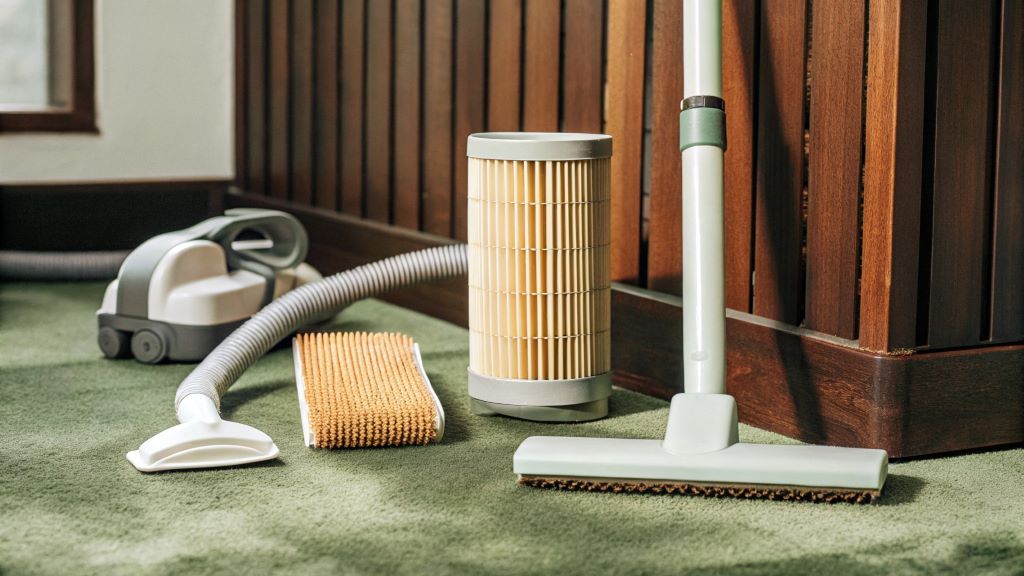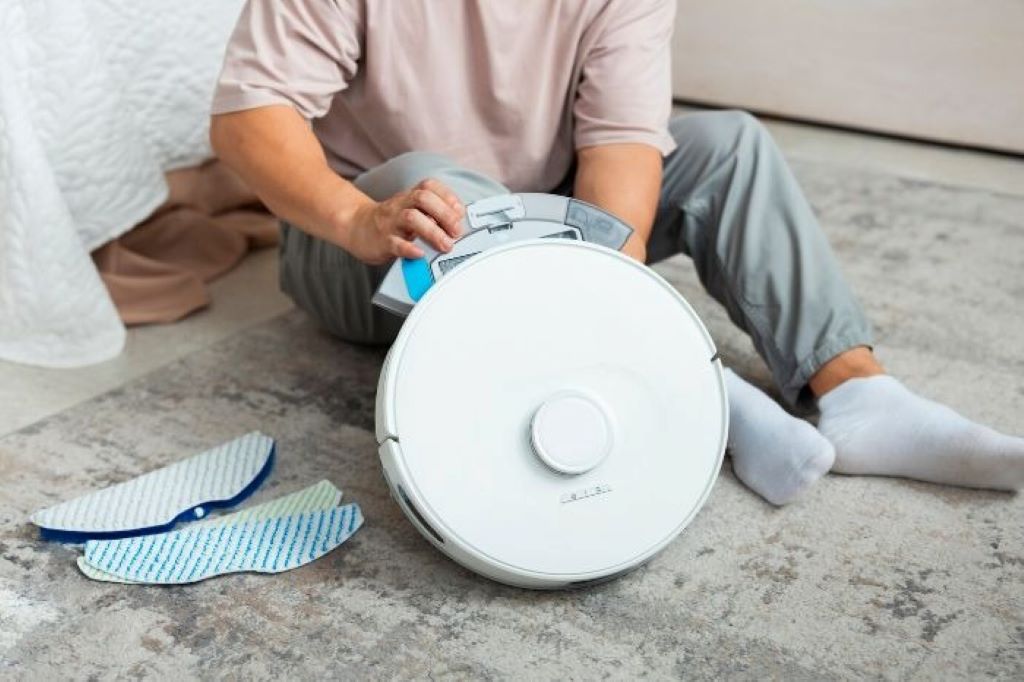
A clean office environment is essential for productivity, health, and professionalism. One of the unsung heroes in maintaining such cleanliness is the office vacuum cleaner. However, many businesses overlook a critical factor: the upkeep of this vital equipment. Proper maintenance not only extends the lifespan of your vacuum but also enhances its efficiency and reduces long-term costs. In this article, you will discover actionable advice and expert insights on maintaining your office vacuum cleaner: tips & tricks that can transform your cleaning routine and save you money.
Thank you for reading this post, don't forget to subscribe!Why Maintenance Matters More Than You Think
Vacuum cleaners in an office setting endure heavy use, often running for hours daily. According to a study by the ISSA (International Sanitary Supply Association), poorly maintained cleaning equipment can reduce efficiency by up to 30%, leading to longer cleaning times and higher energy consumption. This directly impacts operational costs and staff productivity.
Neglecting maintenance can also lead to clogged filters and worn-out parts, causing your vacuum to underperform. In addition, it can increase the risk of breakdowns, forcing expensive repairs or early replacements. Therefore, investing time in maintaining your office vacuum cleaner ensures it operates at peak power and reliability.
Daily Checks: The First Line of Defense
Consistency is key. Start each day with a quick inspection of the vacuum. Check for:
- Full dust bags or canisters
- Blocked hoses or nozzles
- Visible wear on brushes or belts
These small checks can prevent larger issues. For example, a full dust bag can strain the motor, reducing suction power drastically. According to Consumer Reports, a vacuum with a full bag loses up to 50% of its suction. Addressing this daily avoids damage and maintains cleaning effectiveness.
Cleaning and Replacing Filters: Breathe Easier
Filters trap dust and allergens but clog over time. Experts recommend cleaning or replacing filters every 1-3 months, depending on usage. HEPA filters, common in office vacuums, demand careful maintenance to ensure air quality remains high, which is especially critical for employees with allergies or respiratory issues.
One office facility manager stated, “After switching to a strict filter maintenance schedule, our indoor air quality improved noticeably, and employee sick days decreased.” This anecdote aligns with findings from the Environmental Protection Agency (EPA), which highlights that cleaner air in workplaces reduces respiratory complaints.
Belt and Brush Roller Care: Avoid Costly Repairs
The belt and brush roller are vital for debris pickup. If either part fails, your vacuum’s cleaning power plummets. Regularly inspect the belt for cracks or stretching. Replace it promptly if signs of wear appear. Brush rollers need frequent cleaning to remove hair, threads, or debris wrapped around them.
Ignoring these components is a common cause of breakdowns. One maintenance technician claims, “Replaced belts and cleaned rollers save at least 20% on repair costs annually.” Thus, proactive care here pays dividends.

Proper Storage and Handling: Extend Your Vacuum’s Life
How you store your vacuum matters. Leaving the cord tangled or the vacuum in damp areas can lead to electrical faults or corrosion. Keep the vacuum in a dry, temperature-controlled space and always wind cords neatly. Additionally, avoid dragging the vacuum by the cord or hose, which weakens connections and causes wear.
Offices with multiple cleaning staff should also train employees on correct handling techniques. Proper training can reduce accidental damage by up to 40%, according to janitorial service surveys.
Deep Cleaning: A Monthly Must
Beyond daily upkeep, perform a thorough monthly clean. Disassemble removable parts and wash them if the manufacturer allows. Wipe down the vacuum body to remove dust build-up. Use a damp cloth for surfaces but never submerge electrical parts.
Monthly deep cleaning improves hygiene and performance. It also allows you to spot emerging problems early. If you notice unusual noises or decreased suction after deep cleaning, schedule a professional inspection immediately.
Professional Servicing: When and Why It Matters
While regular self-maintenance helps, professional servicing every 6-12 months ensures your vacuum cleaner’s longevity. Experts can detect issues that casual users miss and perform detailed repairs. According to equipment service providers, regular professional checkups reduce vacuum failure rates by 35%.
Even a high-end office vacuum loses efficiency without proper servicing. Consider this as an investment rather than a cost. Many manufacturers offer maintenance contracts that provide routine checks and priority repairs.
Environmentally Responsible Disposal of Waste
Maintaining your vacuum also means managing waste responsibly. Use disposable bags when possible and replace them regularly to avoid spills and dust leaks. For bagless models, empty the dustbin outdoors to prevent re-circulating dust inside the office.
Recycling vacuum bags and filters, where possible, aligns with sustainable office policies and supports environmental goals. Many companies now adopt green cleaning protocols, which research shows improve employee morale and company image.
FAQs About Maintaining Your Office Vacuum Cleaner
- How often should I empty the vacuum bag or dustbin?
Empty it whenever it reaches two-thirds full to maintain suction and motor health. - Can I use any replacement filters for my office vacuum?
Always use manufacturer-approved filters to ensure fit and filtration quality. - What signs indicate my vacuum needs professional servicing?
Unusual noises, reduced suction, overheating, or burning smells are red flags. - How do I clean the vacuum brush roller effectively?
Remove hair and debris manually using scissors or a cleaning tool designed for this purpose. - Is it necessary to replace vacuum belts regularly?
Yes, belts degrade over time and should be replaced if cracked or loose to maintain brush roller function. - Can improper storage damage my vacuum cleaner?
Absolutely. Exposure to moisture or tangled cords can cause electrical or mechanical failures. - Are HEPA filters essential in office vacuums?
They are highly recommended for offices to improve air quality by trapping fine dust and allergens.
Final Thought
Maintaining your office vacuum cleaner: tips & tricks are more than just routine tasks—they are critical investments in the health, efficiency, and longevity of your cleaning equipment. Regular inspections, filter replacements, brush and belt care, proper storage, and timely professional servicing form a comprehensive maintenance strategy. By adopting these practices, offices can reduce cleaning costs, boost productivity, and maintain a healthier environment.
Read More:
Taking Good Care of Your Office Staff
Why a Good Office Chair is Essential
Featured Image Source
